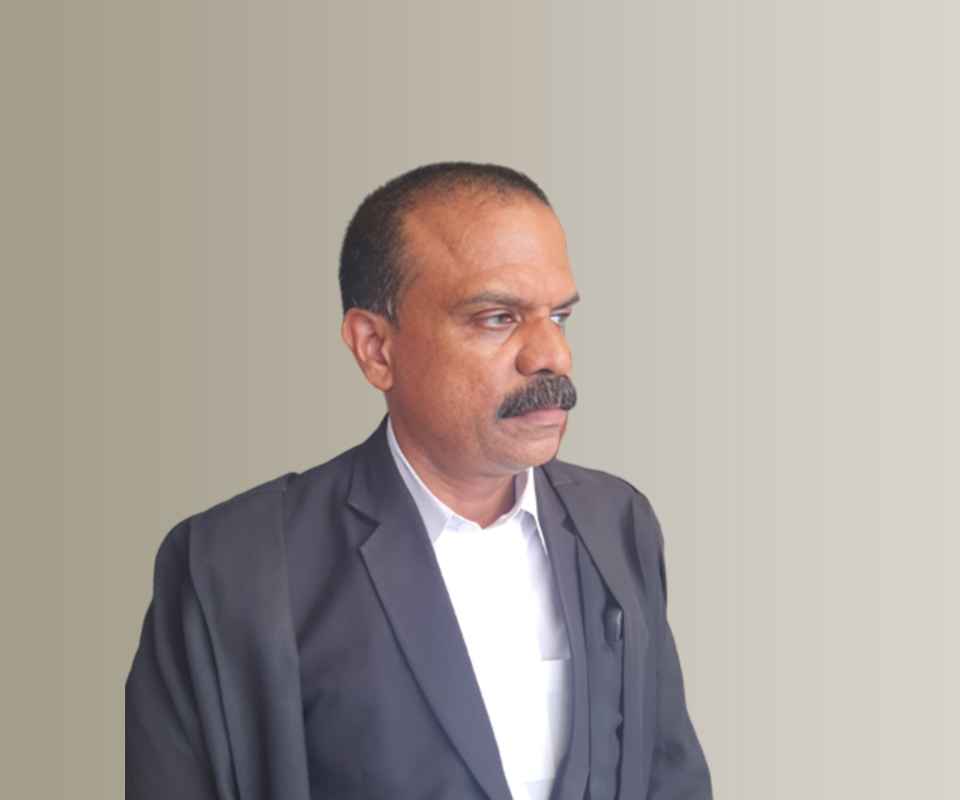Answer By law4u team
Non-Resident Indians (NRIs) who wish to register their marriage in India must follow a specific legal process, which ensures the marriage is recognized under Indian law. The process varies slightly depending on whether the marriage is registered under personal laws (e.g., Hindu, Muslim, Christian) or under the Special Marriage Act, 1954 (a secular law). The most common route for NRIs marrying in India is through the Special Marriage Act, as it offers a uniform process regardless of the religious backgrounds of the individuals involved.
Marriage Registration under the Special Marriage Act, 1954:
The Special Marriage Act provides a secular framework for marriage registration for people of all religions and backgrounds. NRIs can register their marriage under this Act, even if they are not in India at the time of marriage.
Steps for NRIs to Register Their Marriage in India:
Eligibility:
- Both parties must be at least 21 years old (for males) and 18 years old (for females).
- Both parties must consent to the marriage.
- They should not be already married (unless divorced or widowed).
- Either one of the parties must have lived in India for at least 30 days before applying for the marriage registration.
Application to the Marriage Officer:
The NRI and their partner must visit the Marriage Officer at the relevant district or sub-district office in India. The couple must submit a Notice of Intended Marriage, which will be posted publicly for 30 days. This notice can be submitted even if the NRI is residing abroad, with the help of a representative or the Indian consulate.
Documents Required:
- Valid Passport (for both the NRI and the Indian partner, to prove nationality and identity).
- Proof of Address (of both parties, ideally a local Indian address for the NRI if applicable).
- Photographs (of the couple).
- Proof of Citizenship (for the NRI, typically a visa or OCI card).
- Divorce Decree or Death Certificate (if either party was previously married and is now divorced or widowed).
- Witnesses: Two witnesses who are of legal age (over 18), who can testify to the marriage.
Marriage Officer's Role:
After the 30-day notice period, the Marriage Officer will check for objections (if any) to the marriage. If there are no objections, the marriage can be solemnized either in India or at the consulate if the NRI is still abroad. The marriage will then be registered and the Marriage Certificate will be issued.
Marriage Solemnization:
The marriage can be solemnized in front of the Marriage Officer after the 30-day notice period. It may be done with or without religious ceremonies. If the NRI spouse is abroad, the solemnization can take place at the Indian embassy or consulate, where a consular officer will act as the marriage officer.
Obtaining the Marriage Certificate:
After the marriage is solemnized, the Marriage Certificate will be issued, which is a legal document confirming the marriage. The certificate can be used for various legal purposes, including applying for a visa, name change, or property rights.
Marriage Registration for NRIs under Personal Laws:
In cases where NRIs prefer to register their marriage under personal law (e.g., under the Hindu Marriage Act or Christian Marriage Act), the process typically involves the following:
Hindu Marriage Act (1955):
For Hindus, Sikhs, Jains, and Buddhists, marriage can be registered under this Act. The marriage is solemnized by a priest or authorized person, and the couple can approach the local marriage registrar in India to get their marriage certificate.
Christian Marriage Act (1872):
If the marriage is between two Christians, it can be registered under the Christian Marriage Act. The priest conducting the marriage will file the marriage with the relevant authorities to obtain the marriage certificate.
Muslim Marriages:
Muslim NRIs typically follow religious customs, and the marriage can be solemnized according to Sharia. For registration, they must approach the relevant marriage registrar or the local registrar’s office. However, registering a marriage under personal law does not guarantee uniformity in recognition or legal benefits, especially if the marriage is interfaith or involves a secular process. Therefore, the Special Marriage Act is often preferred by NRIs for its inclusiveness and clarity.
Example:
An NRI based in the United States decides to marry an Indian citizen. They wish to register their marriage in India under the Special Marriage Act. They submit the necessary documents to the Marriage Officer at the district office in India, and after completing the 30-day notice period, the marriage is solemnized and registered. They receive their Marriage Certificate, which they use for various legal purposes such as visa applications.
Conclusion:
NRIs can easily register their marriage in India through the Special Marriage Act, 1954, by following the necessary procedure and submitting required documents. This process ensures that the marriage is legally recognized both in India and abroad, offering clear legal protection and a valid marriage certificate. While marriage registration under personal laws is also an option, the Special Marriage Act offers a more straightforward and universally recognized process for NRIs.







